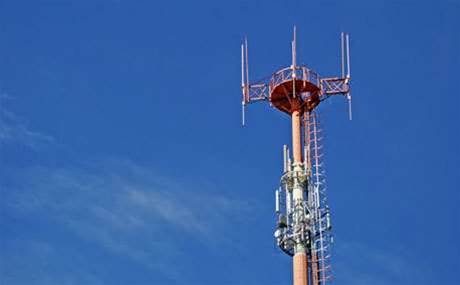Western Australia’s devastating bush fires are bringing the federal communications department and other government authorities under pressure to expand efforts to eliminate mobile service blackspots.

WA Liberal Senator Linda Reynolds told iTnews mobile coverage in high-risk bushfire areas remained inadequate, and urged the WA and federal governments to work with local councils, communities and carriers to address the problem.
Reynolds, who chairs the environment and communications legislation committee, said that would include directly requesting that federal Communications Minister Mitch Fifield to extend the government’s $160 million mobile blackspots program to “at least a third round”.
The program is currently limited to two rounds and is designed to encourage carriers to provide mobile service infrastructure in regional areas that would not otherwise be commercially viable.
The first $100 million funding round announced in June 2015 will see Vodafone and Telstra build or upgrade 500 towers in underserved regional areas across Australia. The government is expected to announce the second $60 million round later this year.
During a senate estimates committee hearing with Fifield and Department of Communications secretary Ian Robinson on Tuesday, Reynolds expressed concern that the program’s regional focus was leaving some semi-urban areas with similar mobile coverage problems at risk during natural disasters – especially the Perth Hills.
At the hearing, Robinson confirmed that some parts of the Perth Hills had been nominated for consideration under the second round.
Senator Chris Back told the department its work was critically important, highlighting the case of a farmer who died during bush fires in Esperance last November along with three backpackers.
Mr Back said the farmer had died trying to physically warn his neighbours of the approaching blaze, as there was no mobile coverage.
“I really do just want to say to you how critically important this work is. In pretty much every area where we have blackspots we’ve got urgent needs. Sometime its bushfires, sometimes its accidents on roads where you can’t make contact with an ambulance and we know that people have died,” Back said.











 Cyber Resilience Summit
Cyber Resilience Summit
 iTnews Executive Retreat - Security Leaders Edition
iTnews Executive Retreat - Security Leaders Edition
 Huntress + Eftsure Virtual Event -Fighting A New Frontier of Cyber-Fraud: How Leaders Can Work Together
Huntress + Eftsure Virtual Event -Fighting A New Frontier of Cyber-Fraud: How Leaders Can Work Together
 iTnews Cloud Covered Breakfast Summit
iTnews Cloud Covered Breakfast Summit
 Melbourne Cloud & Datacenter Convention 2026
Melbourne Cloud & Datacenter Convention 2026












_(1).jpg&h=140&w=231&c=1&s=0)



